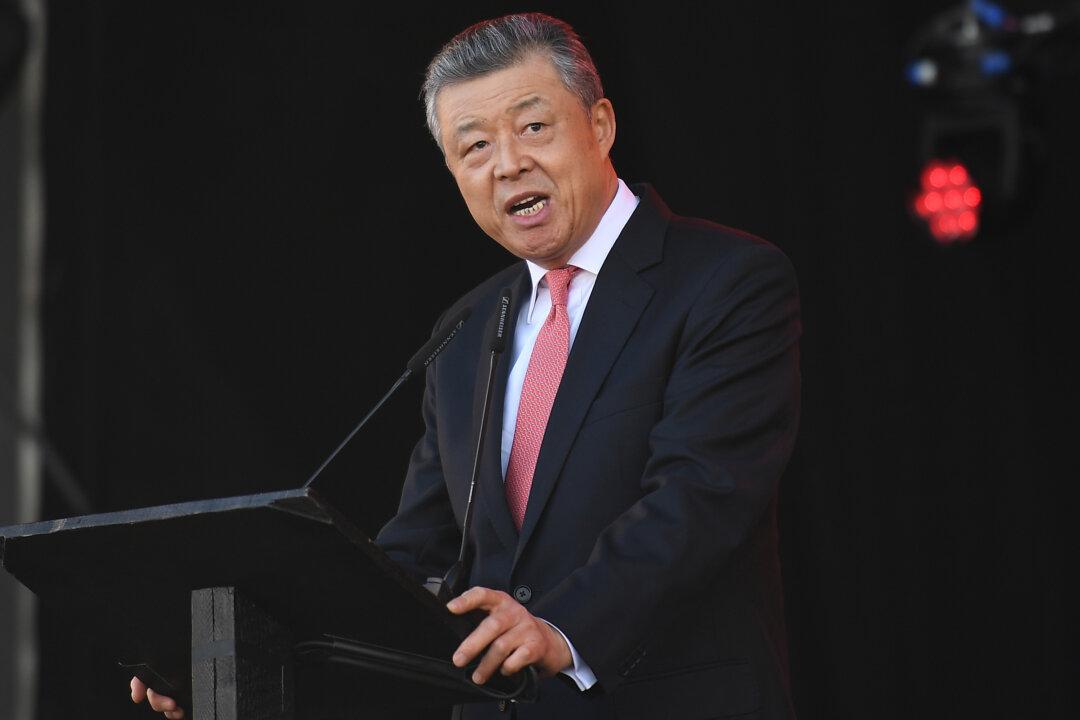Since protests over a controversial extradition bill in Hong Kong turned violent, with local police using tear gas and rubber bullets to disperse the crowds, the Chinese regime has sought to distance itself from the proposed legislation.
The Chinese regime had previously expressed support for the bill, but made no direct comments about it. Sovereignty over Hong Kong was handed from Britain to China in 1997, though the city still operates under a separate government and economic system.





